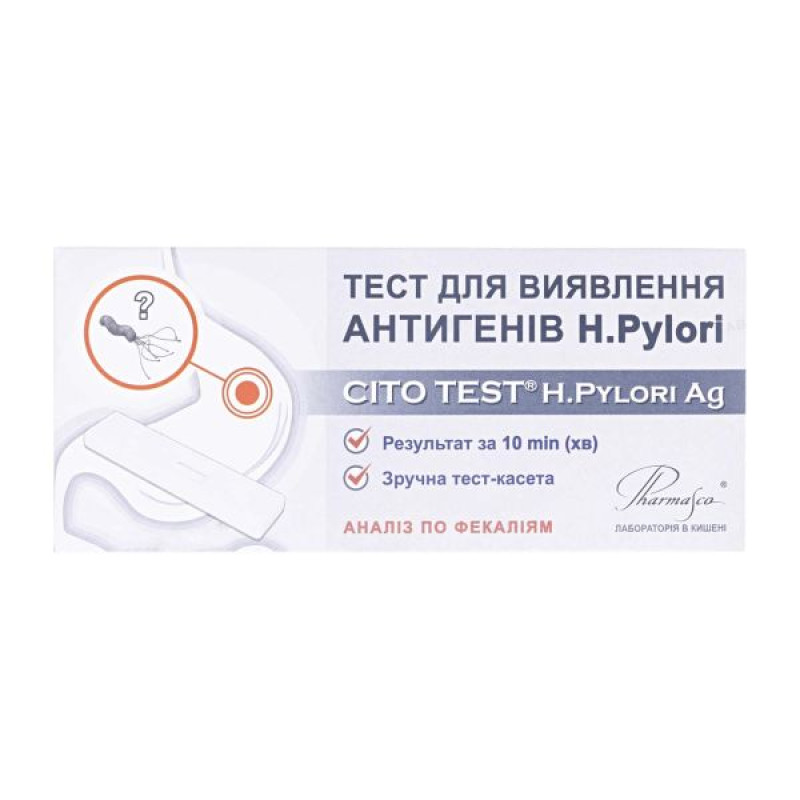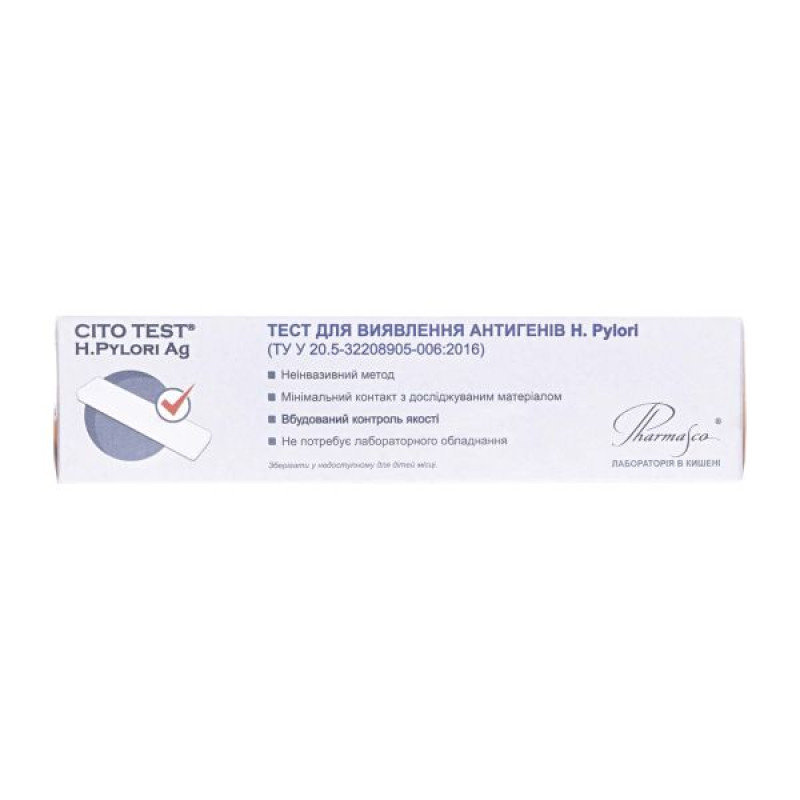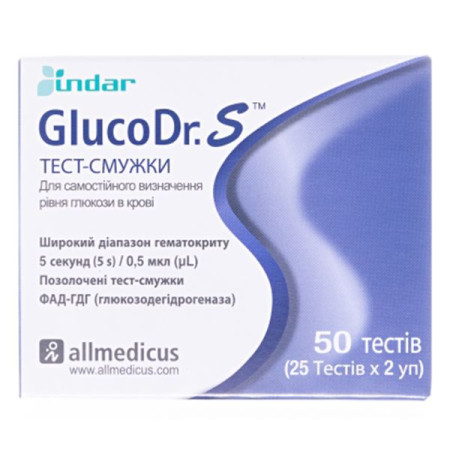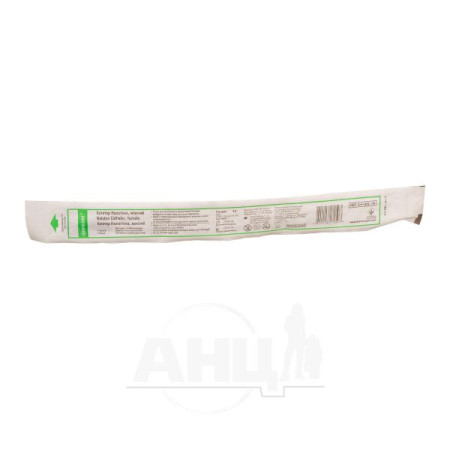CITO TEST H.Pylori Ag test for the detection of Helicobacter pylori antigen

Helicobacter, or Helicobacter pylori, is a pathogenic bacterium that is responsible for the development of the most common diseases of the gastrointestinal tract - gastritis, peptic ulcer and duodenal ulcer.
It has been proven that in 80% of cases of gastric ulcer and approximately 95% of cases of gastric and duodenal ulcer, H. pylori infection is the main factor in development.
Its early detection is very important for our well-being - after all, the sooner we start treating Helicobacter infection, the greater the chances of preventing the development of a serious disease. That is why the Helicobacter test, a reliable and simple tool for detecting this dangerous pathogen, never loses its relevance.
Helicobacter pylori test: Who is it suitable for?
Diseases and various dysfunctions of the gastrointestinal tract occur in almost every adult. Of course, this does not mean that 100% of the population suffers from gastritis or peptic ulcer disease - very often, digestive problems are not caused by bacteria, but by simple errors in nutrition.
A rapid test for Helicobacter pylori is recommended for anyone who experiences discomfort or pain in the stomach area. The alarming symptoms that indicate the need for such a diagnosis can be summarized as follows:
the onset of heartburn attacks or exacerbation of existing attacks; a feeling of heaviness in the stomach; periodic stomach pains that often go away after eating; morning pains and aches in the stomach on an empty stomach.Currently, several methods are used to detect Helicobacter infection:
Blood test for antibodies. A blood test shows whether antibodies to the bacterium Helicobacter pylori have formed in the body - their presence indicates the presence of the pathogen and, therefore, a health hazard. A breath test, which is based on a biochemical method of determining the presence of Helicobacter in the body by the urease activity of the bacterium. This test can show not only the presence of the pathogen Helicobacter pylori, but also the effectiveness of anti-helicobacter therapy. The breath test is inconvenient because it requires special preparation: abstinence from certain foods, smoking and alcohol. In addition, a special liquid should be drunk before the test. In addition, for its conduct, it is necessary to contact a specialized clinic. Fecal test. The antigen present in feces also indicates the presence of Helicobacter infection, which allows you to assess the effectiveness of treatment aimed at eliminating Helicobacter pylori, or confirm a previously made diagnosis. The fecal test for Helicobacter is not inferior in validity and significance to the breath test, but significantly surpasses it in convenience and accessibility.And first of all, there is no need to go to special clinics.
Fortunately, to determine the presence of this dangerous pathogen, these days you don't need to sign up for a lab, stand in line, and undergo complex training: today, all of this can be done at home!
The fecal method stands out among all similar diagnostic tools in that it does not require careful preparation - no special devices, blood sampling or swallowing of a probe are required. The fecal method for determining Helicobacter bacteria is so elegantly simple that it was even used in the development of home diagnostic systems. To conduct a test at home, it is enough to collect "biomaterial" and conduct the test, following the instructions - and the result will be in front of you in just 10 minutes!
When choosing a test for Helicobacter, the following criteria must be taken into account:
Reliability of the method (sensitivity and specificity); accessibility (financial, as well as free availability in pharmacies or delivery); ease of conducting the test (without the help of a medical specialist and special equipment).As a rule, a home test for Helicobacter pylori is no more difficult to "decipher" than ordinary "strips" for determining pregnancy: one line (green) will mean the absence of the pathogen, and two (green plus red) will indicate a high probability of the presence of Helicobacter pylori infection in the body. It is worth saying here that when choosing a test for Helicobacter pylori, you should focus on its sensitivity, that is, on how much it will tell the truth. That is why you should choose products from reputable manufacturers and avoid little-known brands, since their tests are often prone to distorting the results.
Helicobacter pylori test: your own diagnostician
When choosing a test for Helicobacter, not only the reliability of the method is taken into account (it is relatively the same for everyone), but also the availability and convenience of diagnosis. The undisputed winner among all the listed tests is the stool test for Helicobacter: you do not need to drink "reagents", donate blood, etc. Such a test for Helicobacter is so simple that it can be used at home - it is enough to collect "samples" and, following the instructions, perform the analysis. However, if a person is taking certain groups of medications, this procedure will still require minimal preparation.
You should avoid taking antibiotics or medications containing bismuth for 1 month before the test. You should also avoid taking proton pump inhibitors (such as omeprazole) for 2 weeks before the test.When choosing a test for Helicobacter, it is necessary to take into account its sensitivity and specificity, and, of course, economic feasibility: why pay more if you get the same information as a result? CITO TEST H. Pylori Ag is one of the best rapid tests for Helicobacter today. This is a rapid test for the detection of Helicobacter pylori antigen, which uses fecal material from Farmasco as a biomaterial.
The reliability of the test (sensitivity – 94%, specificity – 99%) is comparable to standard clinical methods for diagnosing Helicobacter infection: that is why CITO TEST H. Pylori Ag is used by many gastroenterologists throughout Ukraine. The test has long been used by domestic gastroenterologists to monitor anti-helicobacter therapy, as well as by family doctors to examine patients with suspected gastritis or gastric ulcer.
In case of a positive result, you should definitely consult a doctor.
There are no reviews for this product.
There are no reviews for this product, be the first to leave your review.
No questions about this product, be the first and ask your question.
















